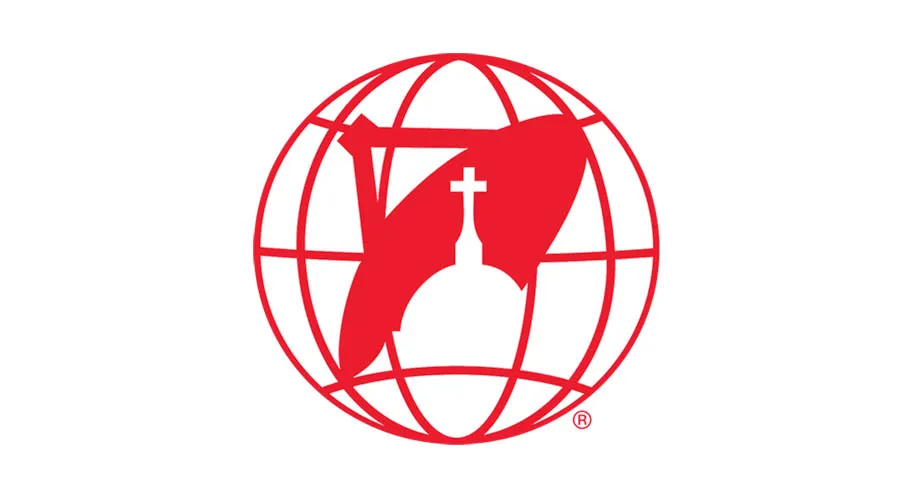Johannesburg, 28 May, 2020 / 2:01 am (ACI Africa).
Hard pressed to evade starvation amid stringent COVID-19 restrictions, poor families in South Africa are risking contagion and moving from house to house to beg, a situation that has attracted the attention of Salesian missionaries working in the Southern African country.
Reports by missionnewswire.org indicate that prolonged lockdown due to the pandemic is throwing people in South Africa into despair due to poverty and hunger.
“Our surrounding communities are in a struggle day by day,” Jessica Poley, a Salesian volunteer in Ennerdale said in a report that was published by missionnewswire.org, the official news service of the Salesian Missions USA, which is the development arm of the Religious Institute of the Salesians of Don Bosco (SDB).
She added in the Tuesday, May 26 report, “What’s very worrying is the young people walking from house to house begging for food. They are aware of all the rules of COVID-19 but have no choice but to go out and beg. Bear in mind, they don’t wear masks while in the streets.”
To mitigate the challenges, Salesian missionaries, staff and volunteers have been making masks and delivering food to more than 400 poor families in the Gong Gong area of the North Cape in South Africa.








